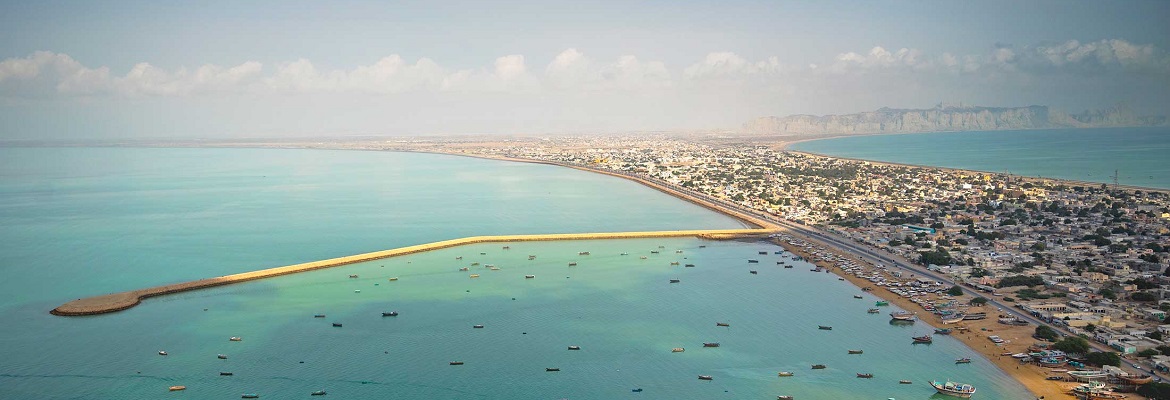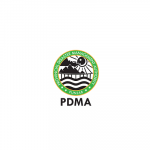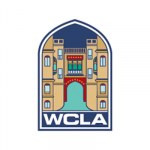Islamabad: Gwadar’s emerging blue economy, encompassing fisheries, aquaculture, port trade and renewable energy, is being positioned as a central pillar of Pakistan’s export strategy for 2025–2035, with potential to generate more than USD 850 million annually in export revenue.
According to the Ministry of Maritime Affairs, sustained investment in marine industries linked to the deep-sea port will not only increase exports but also strengthen food security and improve coastal livelihoods.
“The blue economy is essential for ensuring food security, increasing exports and generating employment across our coastal regions,” Federal Minister for Maritime Affairs Muhammad Junaid Anwar Chaudhry said at the launch of the National Fisheries and Aquaculture Policy (2025–2035) in Islamabad on August 11.
Read: Gwadar Port to get solar-based solutions for power, water supply
Fisheries remain at the core of Gwadar’s growth strategy. Despite Balochistan’s 770-kilometre coastline representing over 76% of Pakistan’s total shore, its fish output is well below potential. The minister noted that annual catch from the province could reach 300,000 tonnes, generating around USD 645 million in exports if modern processing facilities were established.
Currently, 34 seafood processing units operate in Balochistan, though many require upgrades to meet international standards. To address this, the ministry has initiated a 120-acre aquaculture park in Korangi at a cost of PKR 3 billion, with plans to replicate the model along Balochistan’s coast. The pilot park is expected to produce up to 1,200 tonnes annually, generating USD 7.2 million depending on the species farmed.
Foreign partnerships are also contributing. The China Overseas Port Holding Company has teamed up with a Chinese aquaculture firm to launch deep-sea fish farming near Gwadar, building on seafood exports to China worth USD 125 million in 2024. Additionally, the Balochistan government is setting up a fish processing plant in Gwadar and upgrading harbour facilities and road networks to help fishermen access markets more efficiently.
Read: Gwadar’s Eastbay Expressway Phase II approved
On the infrastructure front, the Ministry of Maritime Affairs signed an agreement on August 7 with China’s Xinning Enterprise to expand Gwadar Port and develop industries within the adjoining Free Zone. Minister Chaudhry described the deal as a “milestone” that would boost Gwadar’s commercial handling capacity while creating jobs and investment opportunities.
Gwadar’s South Free Zone already hosts a 2,000-tonne cold storage facility for seafood exports, while development of the larger North Free Zone is underway, further cementing the port city’s role as a regional logistics and trade hub.








